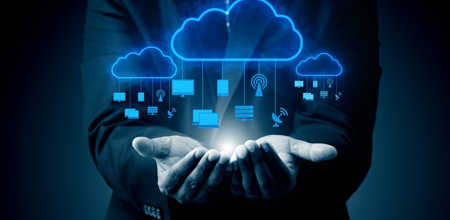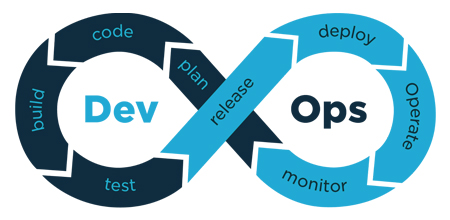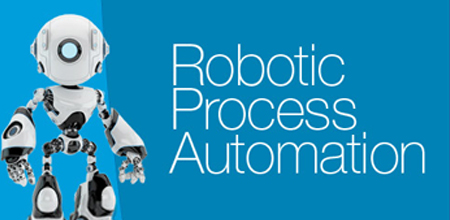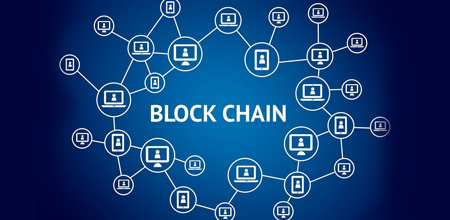Competing for the most experience and qualified candidates in today's employment marketplace poses significant challenges. When business requirements call for multiple hires within a tight timeframe, advance technologies, these challenges cause increased costs and lack of adequate time and resources, internally available, hinders ability to meet business objectives. Hiring the best for and from multiple technology domains, business functions, expertise levels and within limited timeframes and other organizational constraints can pose a formidable challenge for the corporate talent acquisition teams. We at YOP IT Solutions, Inc understand the ever increasing need for talented professionals in the work place and predicament of hiring managers to screen through the plethora of fakers and their marketers, vastly ignoring the exasperation of the hiring and project managers who have to put up with them in spite of all the anomalies this current industry setup has to offer, in order to meet their commitments and maintain business continuity. Following are the technologies YOP specialized into.
Cloud Technologies
Developing in the cloud enables users to get their applications to market quickly. Hardware failures do not result in data loss because of networked backups. Cloud computing uses remote resources, saving organizations the cost of servers and other equipment. Cloud Computing is a technology uses the internet and central remote servers to maintain data and applications. Cloud computing allows consumers and businesses to use applications without installation and access their personal files at any computer with internet access.

Big Data
Big data dramatically increases both the number of data sources and the variety and volume of data that is useful for analysis. ... A non-relational system can be used to produce analytics from big data, or to preprocess big data before it is consolidated into a data warehouse. Here, big data is used to better understand customers and their behaviors and preferences. Companies are keen to expand their traditional data sets with social media data, browser logs as well as text analytics and sensor data to get a more complete picture of their customers. To complement this technology further, dark data will make its way and mark the future of big data in the coming years or even months. In simple terms, dark data refers to the data from non-digital sources and digital data that has been undermined by its value by analytics experts.

DevOps
DevOps typically refers to the emerging professional movement that advocates a collaborative working relationship between Development and IT Operations, resulting in the fast flow of planned work (i.e., high deploy rates), while simultaneously increasing the reliability, stability, resilience of the production environment. DevOps builds upon best practices to help drive enterprise performance in the modern digital economy. It offers organizations a new way to deliver value to their customers quickly. An increasing number of businesses are recognizing the power that DevOps can bring for operational efficiency and overall performance. DevOps is a set of practices that automates the processes between software development and IT teams so they can build, test, and release software more quickly and reliably. The concept of DevOps is founded on building a culture of collaboration between IT and business teams, which have historically functioned in relative siloes. The promised benefits include increased trust, faster software releases, and the ability to solve critical issues quickly.

RPA (Robotic Process Automation)
Robotic process automation (RPA) is the use of software with artificial intelligence (AI) and machine learning capabilities to handle high-volume; repeatable tasks that previously required humans to perform. These tasks can include queries, calculations and maintenance of records and transactions. The future of Robotic Process Automation (RPA) is one of the most exciting developments in Business Process Management (BPM) in recent history. Some industry experts believe it may be even more transformational than cloud computing.

Block Chain
The very first cryptocurrency, Bitcoin was introduced in 2008 and has become one of the most commonly used cryptocurrencies. It is anonymous, easy to instantly transfer, has minimal transaction fees, and is already accepted by a number of organizations including Microsoft, WordPress.com, Whole Foods, and Subway restaurants. Bitcoin is a consensus network that enables a new payment system and completely digital money. It is the first decentralized peer-to-peer payment network that is powered by its users with no central authority or middlemen. From a user perspective, Bitcoin is pretty much like cash for the Internet. Cryptocurrencies, such as Bitcoin, Ethereum, Ripple, Lite and Dash, are taking the world by storm & anticipated to grow in 100 folds in the near future & people are looking it as an digital currency of future of the money.

Crypto Currency
An open source, peer-to-peer technology that records all cryptocurrency transactions on the equivalent of a giant global spreadsheet. There is no spreadsheet “owner” and each time a new batch of transactions is encrypted by the network, it gets added to an unalterable online ledger (or chain) as a block.
While Blockchain technology was initially developed for Bitcoin, it has many more applications, including:
• Payment and money transfers with an almost instant flow between payers and payees
• Cybersecurity with reduced risk of hacking
• Cloud storage that greatly reduces the risk of compromised data

Mobile Developments
Enterprise mobile management (EMM) is a set of people, processes, and technology using mobile computing for streamlining businesses. ... Businesses should keep an eye on these trends to align their mobile application development strategies. Whether it is iOS or Android, mobile application is one of the worth considering options that give customers the mobility to do shopping, or anything they would traditionally have done on their phones.

